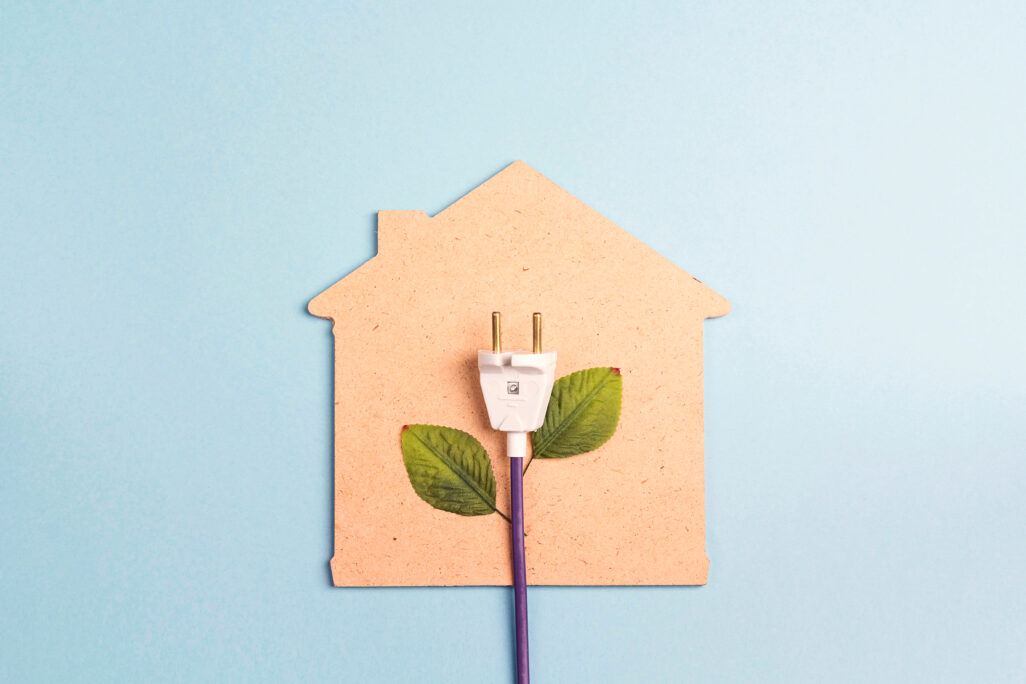The energy-saving use of electronic devices cuts costs and protects the climate. Choosing energy-efficient appliances also helps to significantly reduce consumption. We have summarised what you need to keep in mind.
Energy prices are increasingly rapidly at present worldwide, at home, too, unfortunately. The price hikes can be countered, at least partially, through energy-efficient appliances and optimised use in everyday life. We provide an overview of the easiest ways to conserve energy in your own household.
Conserving energy in the kitchen
Not only are tasty meals prepared in the kitchen, plenty of energy is also consumed. The kitchen is one of the most energy-intensive rooms in a home. Unnecessarily high electricity consumption can be easily avoided:
- No pot without a lid: Between preparation with and without a lid, an energy reduction of about 40% is possible. Also, 1.5 litres of water with a lid can be brought to a boil about three times as fast.
- Use residual heat: The burners and the oven can be shut off a couple of minutes before the cooking/baking time has ended. The residual heat should be enough to finish cooking the meal.
- With the oven‘s fan function the temperature can be regulated downward by as much as 20 degrees Celsius. This not only allows various dishes to be prepared at the same time, but depending on the appliance, the fan function also conserves at least a third of the electricity, unlike conventional heating from above and below.
Refrigerators are some of the biggest energy guzzlers in Austria’s households because they are responsible for around 10% to 15% of the average energy consumption. With proper use it’s easy to conserve plenty of energy:
- Mind the temperature: The cooler the refrigerator’s location, the less energy the appliance consumes. By lowering the ambient temperature, users can save up to 5% per year on electricity. Free-standing refrigerators are particularly recommended. Depending on what is being cooled, a few degrees more can have an especially favourable effect on the electricity bill. Temperatures between 5 and 7 degrees are ideal.
- Fill it properly: It should also be noted that refrigerators should only be filled to two-thirds capacity for energy efficiency reasons. To avoid consuming energy unnecessarily, hot food should not be placed in the refrigerator.
Watching television energy-efficiently
Televisions are probably one of the most popular appliances in numerous households and can therefore be responsible for a substantial portion of the energy bill. A few tips for lowering the costs:
- Reduce brightness: Reducing the brightness directly lower’s the set’s power consumption. If the television has an automatic brightness adjustment function, it should always be activated in the factory settings.
- Standby mode: Standby mode shouldn’t be underestimated, as the television consumes energy even in this mode. More than 4% of the electricity consumed in most households in Austria is a result of this, thus the set should always be switched off. For devices without a power switch, outlets that can be switched off are a good option to reduce power consumption.
Conserving energy when doing the laundry
Around 5% of total energy consumption is attributed to washing machines. Here, too, there is an enormous potential for saving on energy and costs:
- Full load: For effective and sustainable use, the full capacity should be used for every wash cycle. If the machine is started only half empty, twice as much water and electricity is used.
- Temperature: The higher the temperature, the higher the consumption. Modern detergents make it possible to wash everyday clothing at a temperature of 30 degrees anyway.
- Eco-wash cycle: Furthermore, an eco- or energy-saving setting should always be used instead of a fast wash cycle. Even if the wash cycle takes more time, electricity and water consumption will be appreciably reduced.
As a general rule: When buying a new appliance, it is important to pay attention to the energy efficiency class and the size required. A class A washing machine consumes about 14% to 50% less energy than class B-F appliances.
Additional energy-saving tips as well as the most efficient appliances available on the market can be found at klimaaktiv topprodukte.at.










